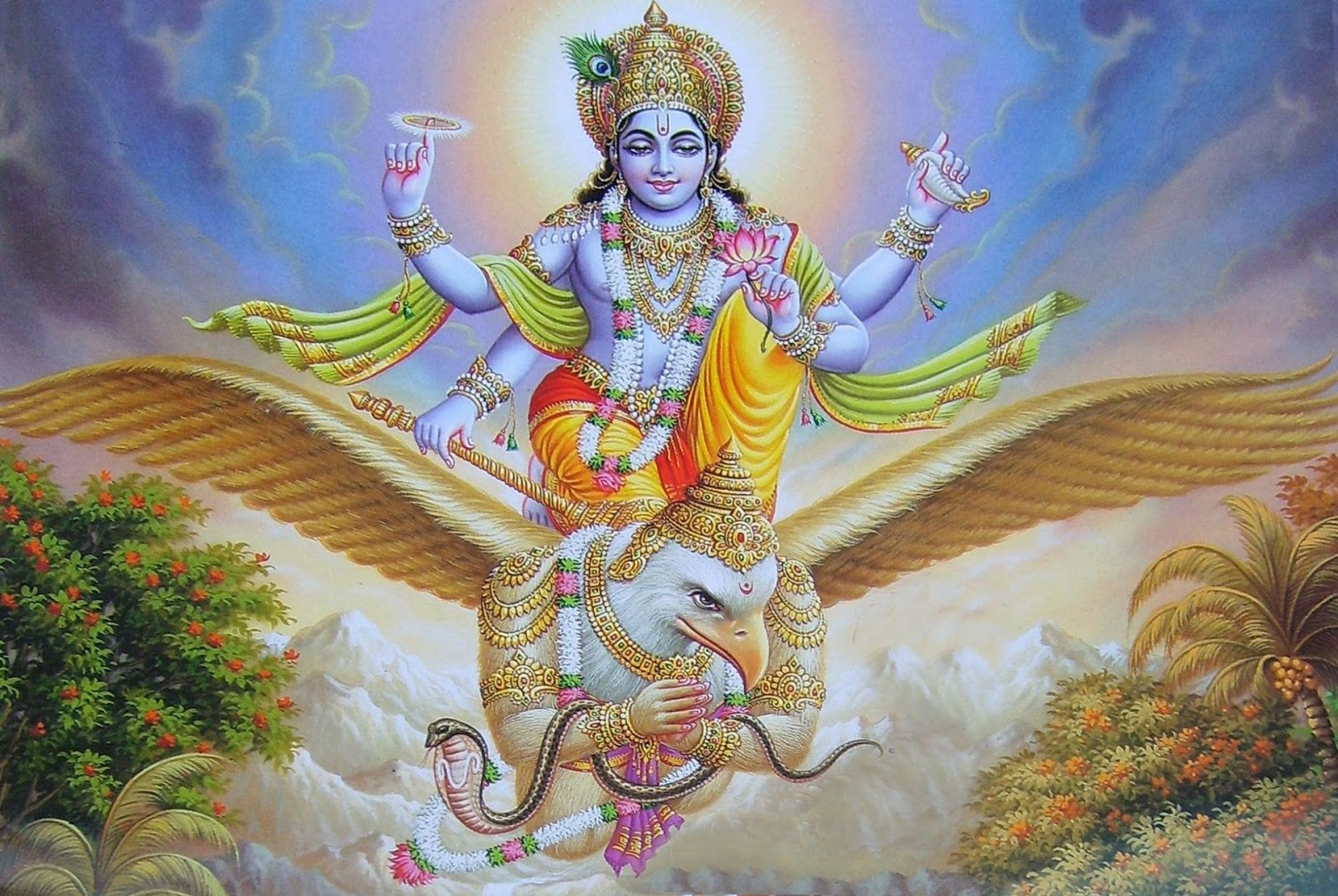A Summary of the Srimad Bhagavata Mahapuranam : 4.5 - Swami Krishnananda.
========================================================================
=========================================================================
Saturday, October 29, 2022. 09:00.
Chapter-4. The Stories of Siva and Sati, and Rishabhadeva and Bharata -5.
=========================================================================
The highlighting katha in this Skandha is the stories of Rishabhadeva and Bharata. Rishabhadeva was a king who abdicated his throne and became an ascetic in the forest. The Jainas consider Rishabhadeva as their first Tirthankara because he lived like an utter renunciate who would not even wear clothes, which is the description of a Tirthankara in Jain literature. Digambara was the behaviour of this Rishabhadeva. Such was his austerity, such was the tejas that emanated from his person, such was the energy that was in his personality, that it is said that wherever he eased himself, that part of the earth would become gold. Wherever he went, people would run after him to find gold, and so he would hide himself. The fragrance of jasmine would emanate from his body, extending to distances of several miles, and wherever people smelled jasmine, they felt that Rishabhadeva was somewhere nearby. Such was his austerity, his yoga, his concentration on God Almighty, his meditation on the Supreme Bhagavan.
He had many sons. One of them was Bharata. Due to Bharata's lethargic attitude, people used to call him Jada Bharata. Bharata was also a king and, like his father, decided to abdicate his throne and go to the forest for meditation. He did years of tapas alone in the jungle, meditating on the Mahapurusha, Purushottama, Narayana.
One day an incident occurred. There was the roar of a lion, and all the deer in the forest ran helter-skelter in fear. A pregnant deer jumped across a stream, and due to that frightened jump, she dropped her baby in the water. Bharata saw this, as he had come to take a bath in the stream. It was a little fawn. Anybody who saw it would take pity on it. He took it, tenderly caressed it, and loved it because it was such a tiny, simple, innocent living being. But it so happened that his attention grew more and more towards this little deer. Whenever it was absent or not visible nearby, Bharata would worry about what had happened to it, that some animal may devour it. So often and so intensely did the thought of this little deer occupy him day in and day out that, unfortunately, when he departed from the body, his last thought was of the deer. Due to this concentration on the deer at the time of his death, Bharata was born as a deer.
Yaṁ yaṁ vāpi smaran bhāvaṁ tyajaty ante kalevaram, taṁ tam evaiti kaunteya sadā tadbhāvabhāvitaḥ (B.G. 8.6):
Whatever thought one remembers or entertains in the mind at the time of passing, that is the state you will attain in the next birth, says the Bhagavadgita. The body is a concentrated form of the mind itself. It is a condensation of thought. The mind manufactures this body for the purpose of the fulfilment of its desires. The body is necessary for the mind in order that it may contact physical objects through the sense organs. Otherwise, the mind by itself cannot contact physicality. So, as if its only duty is to come in contact with pleasurable objects of sense, it manifests certain avenues of contact, called the sense organs. The desire of the mind in five different ways is the reason for the manifestation of the five different senses. When we look at an object, we want to see it again and again because of its deliciousness and its apparent capacity to fulfil our desires. We want to hear the sound that it makes, we want to smell its odour, we want to touch it, we want to taste it, and for this purpose several sense organs are necessary. This is how the drama of creation goes.
This law operated even on the great ascetic Bharata. As a Sankhya sutra warns us, thinking of anything which is not contributory to spiritual practice, or sadhana, results in bondage, as in the case of Bharata. Attachment sneaks into our mind without our knowledge, like a serpent entering into a hole without our knowing that it has entered. The power of the mind, which is filled with desire, finds all sorts of excuses to see that its longings are fulfilled one way or the other. It is like a thief or a dacoit who knows every way of fulfilling his wish. Hence, because of this law of compensation according to the intensity of thought, Bharata, due to his attachment to the baby deer, was born as a deer.
But due to the tapasya that he performed, in his deer life he remembered what had happened. He was not born ignorant of the past, as in the case of all people. The deer knew that it had become a deer due to some mistake in the operation of its thought. So, the deer was of a peculiar character, and not like other deer. For fear of attachment, the deer would not touch even a leaf of a tree. It carefully moved in the forest, touching not a twig, a leaf or a bush due to fear of becoming attached, as happened in its previous birth. In this detached condition, the prarabdha of the deer form ended one day. The deer died, and Bharata was once again born in the family of certain Brahmins. So he took three births in order to finally have his achievement.
*****
To be continued
=========================================================================












Comments
Post a Comment